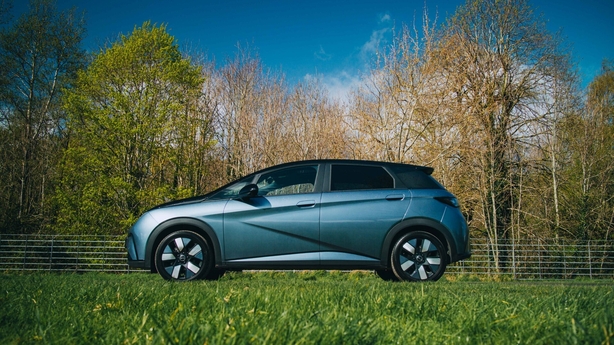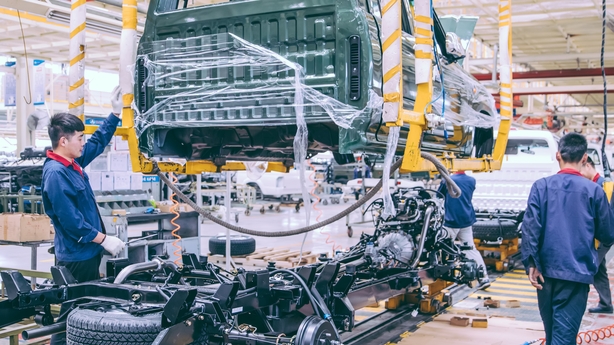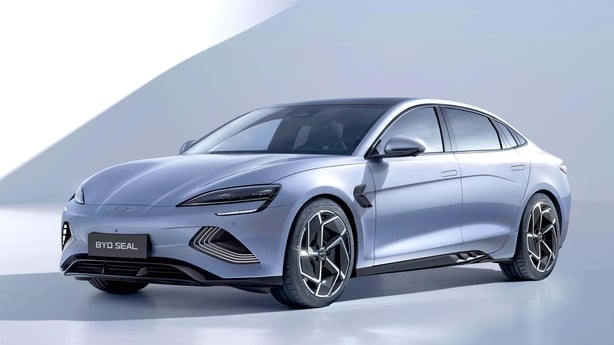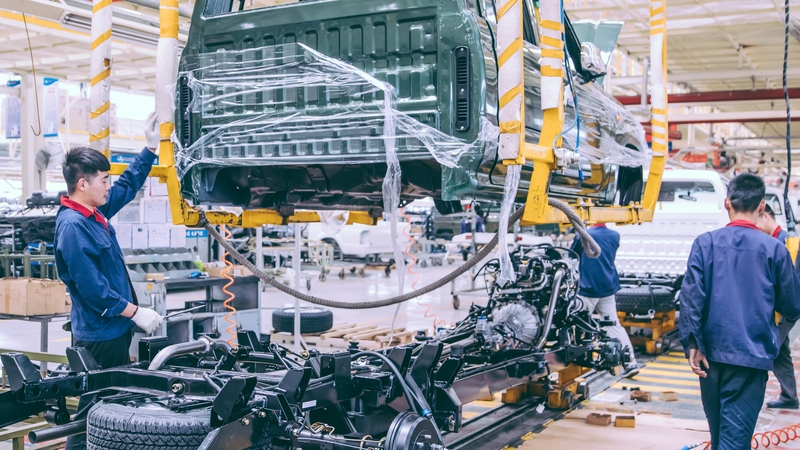One would have thought European car manufacturers would have been delighted with the news that the EU plans to impose tariffs of between 17% and 38 % on Chinese car imports.
Chinese manufacturers have, after all, come to pose an almost existential threat to some European companies by coming from virtually nowhere to take a minimum 20% share of new car sales within the EU last year.
If the tariffs - due to be imposed in less than three weeks - are imposed they will radically alter the Chinese car pricing landscape throughout the EU, including Ireland.

MG's 3 hybrid model would rocket from its current €22,295 to just under €30,000 and BYD’s Dolphin model would increase from €29,318 to just over €34,000. Buyers who have already paid deposits here should not be affected if the tariffs are imposed within the deadline period, however.
In less than three years, both MG and BYD have made strong gains in Ireland. Last year, almost 5,000 Chinese cars were sold here - double the figure of the previous year.
But European competitors are not exactly jumping for joy with the proposals because, it could be argued, they could have more to lose than their Chinese competitors in the event of a trade war between China and the EU.
That’s because there’s hardly a car company in the world that does not depend on China for either sales or production in that country.

China is the biggest car market in the world; last year, some 27 million cars were sold there. Many of them were Chinese brands but Mercedes, for example, sold 700,000 cars in China, making it by far the company’s biggest market. A trade war would have enormous implications here.
That’s why both the German car industry and government ministers in Germany have been decidedly cool about the proposed tariffs.
The industry body in Germany has strongly criticised the decision, with its president, Hildegard Müller, warning it was "a further step away from global cooperation".
"This measure further increases the risk of a global trade conflict," she says.
The body also knows that some cars made by German companies in China, such as the new Mini Aceman, will also face EU import tariffs.
In a statement, BYD Ireland, says it won’t comment directly on the EU announcement, preferring to "give way to others who are better qualified and better positioned to address what, in effect, is a geo-economic, geo-political matter of major significance".

The company said: "Because time will be required to consider and fully assess the measures announced by the EU and what material affect they might have – and to consult with our manufacturing partners to hear their response and decide on the way forward – it is not possible for us to present a fully considered response at this time."
One Irish industry source said the EU measures - proposed because the EU says China has been unfairly subsidising car exports at every stage of production - were "extremely concerning".
"If there is a trade war then the ultimate losers may well be the consumers. I don’t think this will be a win win for anyone".
The German Transport Minister, Volker Wissing, wrote on X that "the EU Commission’s punitive tariffs affect German companies and their top products".
"Vehicles must become cheaper through more competition, open markets and significantly better business conditions in the EU, not through trade wars and market compartmentalisation," he wrote.
#Strafzölle der EU-Kommission treffen deutsche Unternehmen und ihre Spitzenprodukte. Durch mehr Wettbewerb, offene Märkte und erheblich bessere Standortbedingungen in der EU müssen Fahrzeuge preiswerter werden, nicht durch Handelskrieg und Marktabschottung.
— Volker Wissing (@Wissing) June 12, 2024
China refutes the EU allegations and says it will "take all necessary measures" to protect its car manufacturing industry.
Chinese companies may be able to circumvent tariffs - to a degree - by manufacturing in Europe. However, only BYD has thus far committed to building a factory in Europe - but its Hungarian plant won’t be operational for another three years.
In the meantime, there’s a nervous period ahead for both Chinese and European companies.

